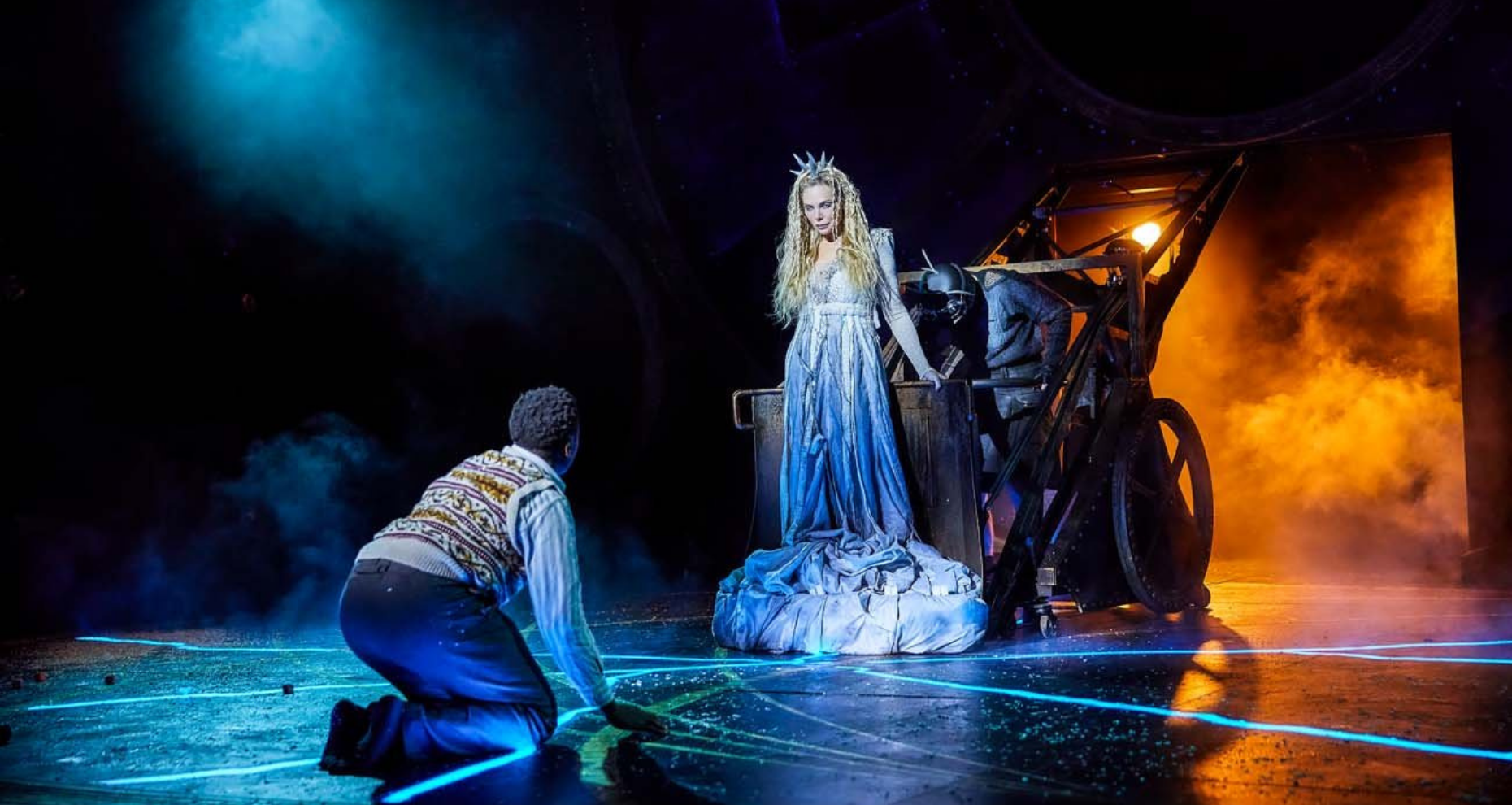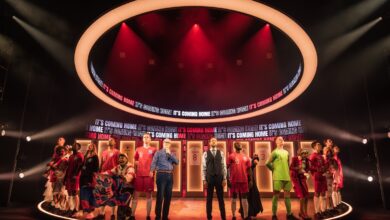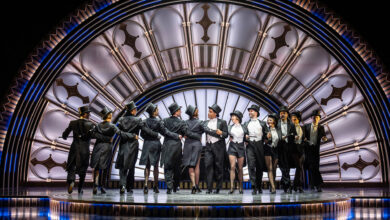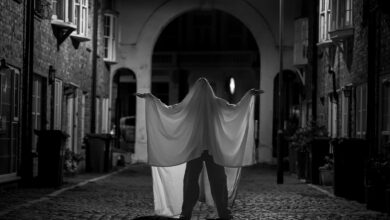Review: The Lion, The Witch and The Wardrobe, New Wimbledon Theatre
It’s a heart-filled production with a super-talented cast and so much to enjoy.summary
Rating
Good
It’s so wonderful to have the holidays, allowing us plenty of time to visit the theatre, especially with my 12-year-old daughter and her pal in tow. This touring production of The Lion, the Witch & the Wardrobe is at the wonderfully ornate New Wimbledon Theatre. We’ve travelled across the capital for our inaugural visit, but locals are pretty lucky to have such a fantastic venue on their doorstep. Many shows that move on from the West End often excitingly make their way here.
The novel by CS Lewis is one of our all-time favourite stories, so we are excited and arrive early to soak up the atmosphere. It’s a classic (and relevant) tale of four sibling evacuees, name-tagged and all alone, who are sent to live with strangers during World War Two. Their mysterious and grand new home offers up epic adventures once the youngest sister steps foot inside a curious old wardrobe.
I love a show which starts with a bit of business happening on and around the stage, while the hum of the theatregoers fills the auditorium. Tonight, we hear the distinctive double whistle from a station master, unseen. A lone soldier plays the piano and is soon joined by the ensemble in a rousing rendition of ‘We’ll Meet Again’ (accompanied poetically by an elderly chap singing behind us, here with his grandchildren). Music plays a big part in this production and the multi-talented, highly skilled cast are largely on stage throughout, playing instruments and dancing. This is wonderful; it embellishes and drives the narrative excellently, but occasionally it brushes over some of my favourite moments from the story. To give an example, that beautifully thrilling and magical moment when Lucy first notices branches instead of fur coats and feels the piercing cold of the snow is skimmed through a little. It is replaced by an enchanting, dancing fur coat sequence, but perhaps they shouldn’t be afraid to have some stillness and wonder, to draw us into the magic of that moment. The first meeting of Mr Tumnus and Lucy also lacks some indulgence. That said, there is so much to love and become enchanted by, and the whole team have found new ways to tell the story that are wonderful and surprising. Samantha Womack as the White Witch is fittingly haughty, with a cold and piercing tone, and isn’t too scary for smaller children.
The creative team have triumphed on this production with multiple amazing effects; suitcases lit up with little windows for train carriages as they are held aloft and meander through the countryside. Edmund (played perfectly as gullible by Shaka Kalokoh) regurgitates Turkish Delight, which then forms a huge dancing creature with a dreamlike quality and nightmarish undertones. The circular recess upstage is a superb device to show the passage of time via the waning of the moon, and it gives vantage points, for example when Susan (played with great vim and vigour by Robyn Sinclair) and Lucy (Karese Yansen, a charismatic shining star) watch over Aslan. The puppet of the lion is beautifully crafted but curiously manipulated as Aslan is also played in human form, performing alongside. I wanted to be transfixed by this exquisitely crafted cat, but instead found my attention split between the Thor-like human form and feline puppet.
And to end with some thoughts from my daughter, now ET’s youngest reviewer: “My favourite character was Mr Tumnus (played by Jez Unwin). He had brilliant comic timing, a smooth and calming singing voice and was multi-talented as he also played the cello. Whenever he was on stage, it was certain he would make the whole theatre smile. When the witch’s servants realised spring had finally arrived, they threw off their helmets to reveal growing green foliage and ran off laughing; it was so funny! A dramatic scene I loved was when the witch grew enormously tall and her skirt reached all the way down to the ‘floor’ of the stage which was a very good way to show how much power she had. The Aslan puppet is amazing and by far the most creative puppet I’ve ever seen.”
Directed By: Michael Fentiman
Produced By: Chris Harper, Nick Sidi & Catherine Schreiber
The show plays at New Wimbledon Theatre until 16 April, and is then on tour until May. Further information and bookings for New Wimbleon Theatre and Bristol Hippodrome (3 – 7 May) can be found here. The tour will also visit Woking and Norwich.







